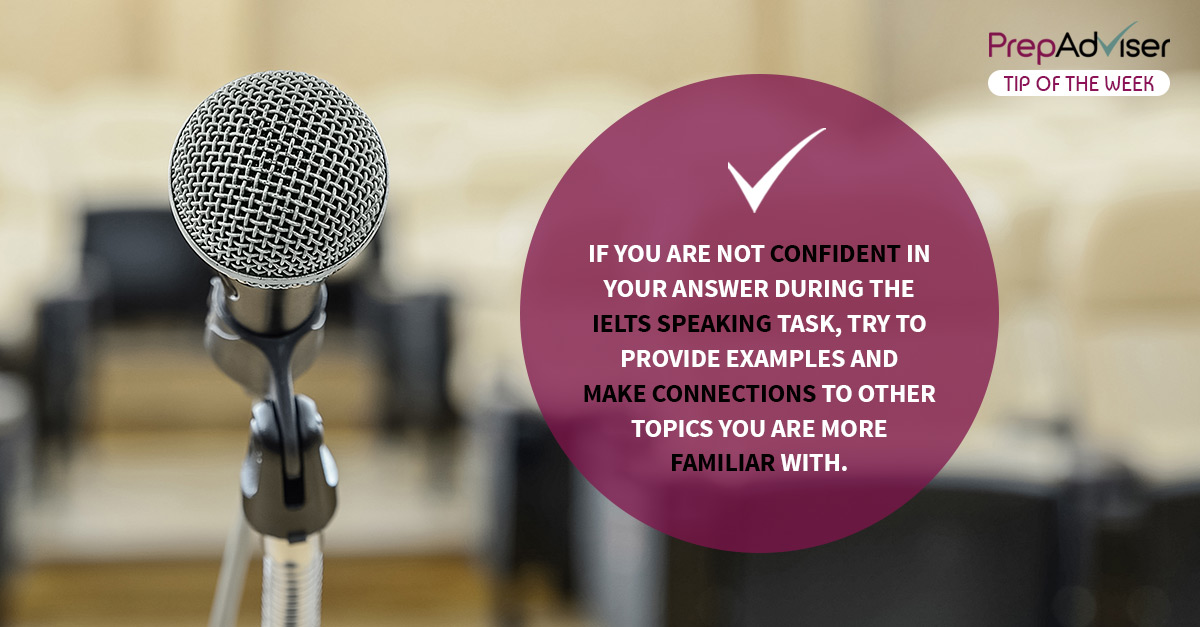There are many factors to be considered when choosing the method of preparation: the frequency of lessons, the tutor and so forth. We discussed these important issues with Andrea Sanguineti, a 17-year old Italian student who has recently achieved a 7.5 result on her IELTS examination.
I am very happy with my score, which is the result of extensive study and effort. I have been studying English since the age of three at a bilingual preschool, after which I pursued my education with private tutoring, language courses, summer trips to English-speaking countries and, finally, an intensive private two-month course with a native English teacher prior to the exam. It was arduous work, but it paid off.
Check out: How Important Is English Grammar for Your TOEFL and IELTS Scores?
Learning to make the most of the Writing and Speaking tasks
One of the potential difficulties that she feared was not having enough time to complete the Writing task.
I am very slow when it comes to writing and putting together my ideas, even in my native language, Italian. I usually have to rewrite things and I get nervous about the time left. Reading and Comprehension was also difficult, the texts were complex and required focus, which was difficult to achieve when you know the clock is ticking.
However, having practised for weeks on similar material helped a lot, “I got familiar with the type of text I could expect on the day of the exam and that was very useful.”
The Speaking task was the one Andrea feared the most; she deemed it the most immediate and the most unpredictable task. Instead, she found herself in a very comfortable room with an examiner who put her at ease right away. One of her personal tips to other candidates regarding the Speaking task is:
Don’t stop talking. Don’t let the uncomfortable silence take over. If you are not confident in your answer, or if you don’t know enough about a topic, try to provide examples, make connections to other topics with which you are more familiar. The important thing was to show my fluency and the way I express myself, not necessarily comprehensive knowledge about a very specific topic.
Tips on becoming fluent in the English language
Andrea suggests taking individual lessons or enroling in a course with small groups while preparing for international exams such as IELTS.
You should have the opportunity to ask your tutor to repeat, explain, and elaborate on any subject, linguistic doubt or a choice of words and structures. The advantage of having a native speaker as your teacher lies precisely in having a highly qualified tutor who can immediately discover frequent mistakes and wrong stylistic choices.
Another useful tip Andrea gives is to get in touch with native English speakers, as well as to watch TV in the original language. That way, you can really experience linguistic immersion, even if you are physically detached from the English-speaking world.
Watching American TV shows had one minor setback, though. I picked up some slang catchphrases that belong to informal speech. I had to pay special attention not to use them during my exam. Apart from that, one can really profit from hearing native speakers on a daily basis, even if it’s through Netflix!
Check out: 4 Tips on How to Choose IELTS and TOEFL Test Dates
Practice makes perfect
Andrea has a tip for candidates who have trouble coping with anxiety.
Think of it as an exam that you can always retake. I had the flu the day of my Writing task and I was about to give up. I am sure that I could have performed better any other day. Had the final score been lower, I would have retaken the exam. I was, however, more relaxed when I realised that it is not the end of the world if I don’t perform as planned.
To conclude, the best piece of advice Andrea can give is the classic “practice makes perfect”:
Take enough time before the exam and just practise, practise, practise. It’s very important to get acquainted with texts, audio, and assignments similar to those that you will have to work with in a stressful environment, if only to eliminate the element of surprise. And always choose an experienced and qualified tutor who can guide you through your preparation process.
Check out: IELTS Exam Overview
This article was written by Elena Pancevski, English Second Language Teacher at Open Minds.




